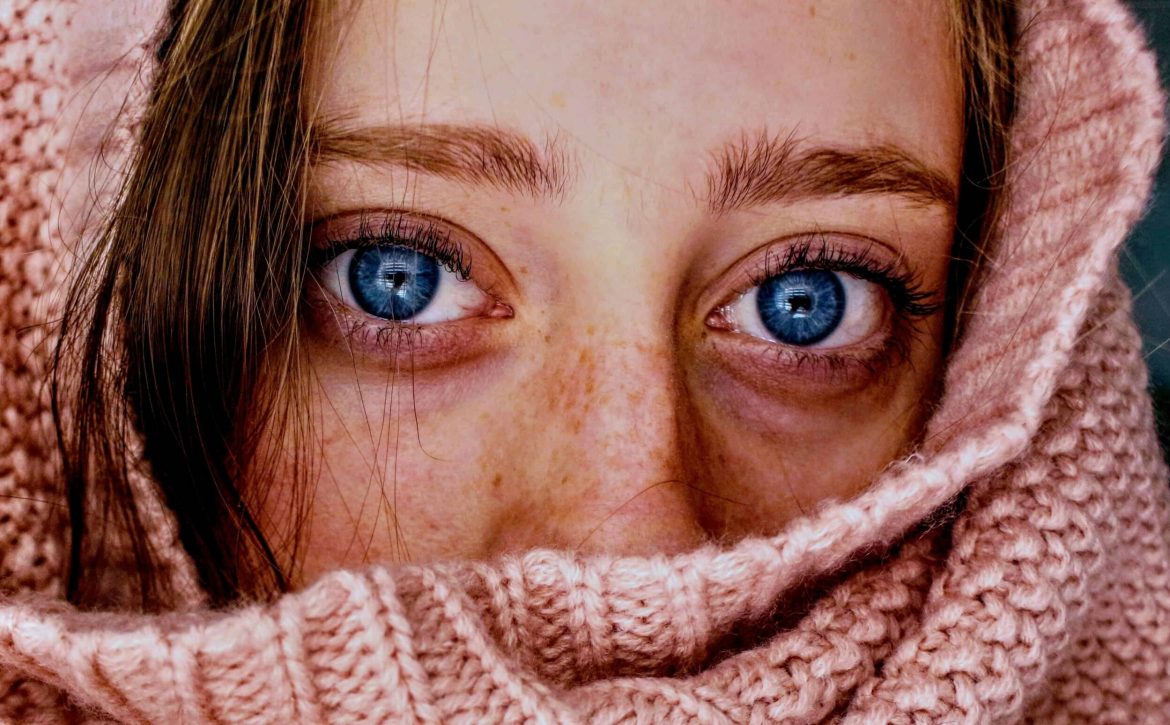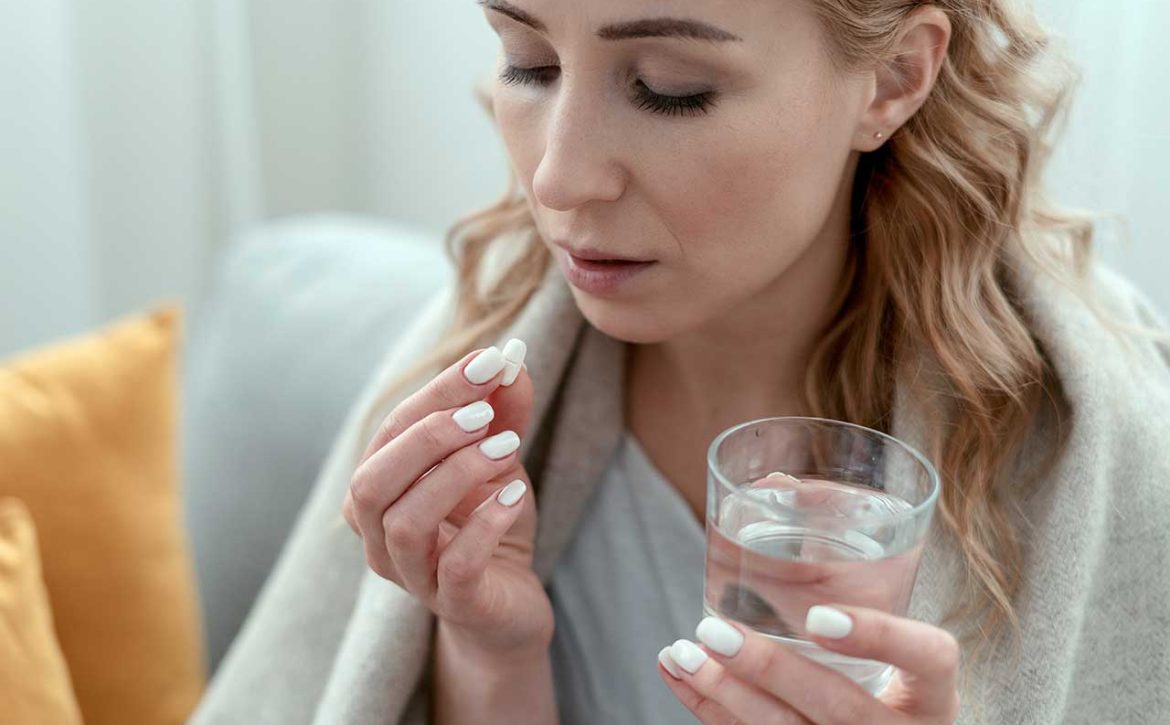Have you ever taken a medicine that made you feel kind of weird? Maybe you felt tired all the time, couldn’t think straight, or just didn’t feel like yourself. If you’re taking medicine for depression, your antidepressant dose might be too high. That means you could be getting more than your body needs.
When that happens, the medicine might start to do the opposite of what it’s supposed to. Instead of helping you feel better, it might make you feel numb, slow, or even physically sick. Some people also experience dizziness from anxiety and medication, or sleep problems that make everything worse.
Let’s talk about the signs that your antidepressant dose is too high. We’ll use simple examples and real stories and give you tips on what to do next. If you think something isn’t right, don’t worry; you’re not alone.
Why Antidepressant Doses Aren’t One-Size-Fits-All
Your brain isn’t a copy of anyone else’s. What works for your friend might mess with your head. That’s because antidepressants affect each person differently.
There are different kinds, such as SSRIs, SNRIs, and MAOIs. They all work in their own way. Your doctor usually starts low and slowly builds up. But sometimes, the dose gets a little too high without meaning to. And suddenly, you feel… off. Not sad, not happy, just blah.
Think of it like this: imagine putting hot sauce on your food. A little can make it tasty. Too much? Your mouth is on fire. That’s kind of what’s happening in your brain when the dose is too high.
Some people even confuse this reaction with high-functioning depression. You’re getting by, but something still feels wrong deep inside.
How Doctors Decide the Right Dose
Doctors don’t just pick a dose out of a hat. They look at a bunch of things such as your age, weight, other meds, past health stuff, and even how your liver works. They ask, “What’s the safest way to help this person feel better?”
Brains don’t always follow the rules. What looks right on paper might feel all wrong in real life. That’s why follow-ups matter. That’s why you matter in this whole process.
If your doctor prescribed meds based on symptoms like persistent anxiety or bipolar disorder, those details still don’t guarantee the dosage will be a perfect match.
So, if you’re feeling weird on your meds, speak up. Your doctor can’t read your mind and no, sighing loudly in the waiting room doesn’t count.
Timeline of Symptoms: What Happens & When
When you start or raise your antidepressant dose, your body goes through a “getting used to it” phase.
- Week 1–2: You might feel jittery, have trouble sleeping, or get a headache linked to sleep deprivation.
- Weeks 3–4: Mood changes may kick in, but so can weird side effects. Some people even experience dizziness and nausea or feel like their body is out of sync.
- Week 5+: If you still feel numb, foggy, or just plain off, your dose might be too much.
Imagine your brain as a room with a dimmer switch. At first, the light gets brighter. But if it keeps going, you can’t see anything anymore. It’s just too much.
Pay attention to how you feel. Small things matter. If the medicine makes things worse instead of better, it might be time to check in.
And if you’ve been wondering whether your tiredness is really from the meds or something deeper, read more about why depression makes you tired.
Physical Signs You’re Getting Too Much
Your body is smart. It throws clues when something’s not right. If your antidepressant dose is too high, your body might start whispering… or yelling. Here are some signs to watch for:
- You’re shaking or twitching like you’ve had too much soda.
- You feel super tired or can’t sleep at all, which can lead to nausea from sleep deprivation.
- You’re sweating buckets, even when it’s not hot.
- Your heart feels like it’s running a race, but you’re just sitting.
- You feel dizzy, nauseous, or your stomach’s just off common in anxiety-related dizziness or when depression makes you sick.
It’s kind of like your body is sending SOS messages in weird ways. It doesn’t mean you’re broken. It means your medicine might need a little tune-up.
Emotional Numbness: The Hidden Side Effect
You know that feeling when your favorite song plays, but it doesn’t hit the same? That’s emotional numbness, and it’s a big red flag.
Your antidepressant is supposed to help you feel better. But if the dose is too high, it might make you feel nothing at all. No joy. No sadness. No real reactions. Here’s what that can look like:
- You laugh because you should, not because you want to.
- You can’t cry even when something sad happens.
- You feel like you’re watching life through a foggy window.
- You wonder if this is high-functioning depression when you’re “fine” on the outside but numb on the inside.
It’s like your feelings are on mute. That’s not the goal of treatment. That’s your brain saying, “Hey, this might be too much.”
Real People, Real Stories (From Reddit, YouTube, Quora)
Sometimes strangers on the internet say exactly what you’re feeling. Forums like Reddit, Quora, and YouTube are full of people talking about what it’s like when their antidepressant dose got too high. Here’s what some of them said:
“I felt like I was floating above my own life.”
“I couldn’t cry at my best friend’s wedding. That scared me.”
“Everything felt gray. I wasn’t sad, I was just… blank.”
These aren’t just random stories. They show patterns. People describing the same fog, the same numbness, the same feeling of being stuck in someone else’s body.
Some even confuse it with other conditions like bipolar disorder or PTSD-related disconnection. If you’re reading this and thinking, “Wait… that’s me,” you’re not alone. And you’re not imagining it.
Could Your Genes Be Affecting Your Dose?
Believe it or not, your DNA might have something to say about your meds. Some people’s bodies break down medicine super fast. Others, super slow. This means one person might need a high dose, while another gets side effects from a tiny one.
It’s called pharmacogenetic testing basically a science-y way to learn what your body likes and doesn’t. It’s a cheek swab. That’s it.
If you’ve been dealing with unusual side effects or meds that don’t seem to help no matter the dose, your genes might be holding the answer.
This kind of test isn’t magic, but it can help your doctor pick the right dose or medication faster. Especially if you’ve tried multiple meds and still feel off.
High Dose vs. Overdose: What’s the Difference?
Let’s clear something up: a high dose is not the same as an overdose.
- High dose means you’re getting more than your brain needs. You feel tired, numb, or fuzzy, like you’re stuck in an emotional fog.
- An overdose means your body is in danger. Fast heart rate, fever, confusion. This can turn into an emergency.
Think of it like this:
Too much frosting on a cupcake equals a high dose.
Eating 20 cupcakes in one sitting equals an overdose.
If you feel shaky, sweaty, confused, or just really off after taking your meds, call your doctor. If it’s worse, like scary worse, call 911 or go to the ER.
What to Do If You Think Your Dose Is Too High
First rule: don’t stop your meds suddenly. We get it. You want to feel better now. But quitting cold turkey can cause even worse problems: head zaps, mood crashes, dizziness, you name it. If you’re also dealing with anxiety-related dizziness or fatigue from depression, stopping suddenly can hit even harder.
Here’s what to do instead:
Some people even use mood tracker apps or journals to show their doctor what’s going on. It’s like bringing a report card to your appointment, super helpful.
And if you’re in Georgia and need support, Novu Wellness offers compassionate mental health services including outpatient treatment options and IOP programs in Suwanee, GA to help you feel like yourself again. You’re not stuck. There’s a way forward and it starts with a conversation.
Red Flags That Mean Call 911 or Get Emergency Help
Sometimes, things go from “meh” to uh-oh fast. If your dose is way too high, it can cause serious problems that need emergency care. Here’s when to call 911 or go to the ER:
- You feel confused or out of control
- You’re sweating, shaking, or have a high fever
- Your heart is racing even when you’re resting
- You feel like you might hurt yourself or like life doesn’t matter anymore
These could be signs of something called serotonin syndrome, or they could mean your brain’s not handling the meds well.
It’s like your body setting off a fire alarm. Don’t wait to “see if it goes away.” Get help fast. You are worth saving, always.
If you’re seeing early warning signs, check out our guide on what to say to someone who is self-harming or self-harm red flags to better understand when it’s time to act.
Finding the Right Dose Takes Time (and Patience)
No one gets the perfect dose on the first try. So, don’t get confused. That doesn’t mean your meds don’t work. It means your brain is figuring things out, and that takes time. Your doctor might try different doses until things click. That’s normal.
If you’re dealing with a dual diagnosis like bipolar and borderline traits, or experiencing high-functioning anxiety, the balancing act can take even longer.
Imagine tuning a guitar. If the string’s too tight, it snaps. Too loose, it’s floppy. But when it just right? 🎸 Beautiful music. Same with your meds. Give it time. Talk it through. You and your brain will get there.
Other Tools That Help: Beyond the Pill Bottle
Antidepressants are one part of feeling better, not the whole thing. Your brain needs more than just meds to heal. Here are a few extras that work like magic when used together:
- Therapy (like CBT) to learn new ways to think and cope DBT for PTSD and trauma-informed therapy options available
- Exercise, even a walk, to boost natural feel-good chemicals
- Get good sleep because tired brains can’t heal well. Watch for how much sleep deprivation can cause delirium
- Healthy food that fuels your mind
Think of recovery as building a team. Medication is the quarterback, but therapy, lifestyle, and support are the rest of the crew.
At Novu Wellness, we help you put that team together. From individual therapy in Georgia to outpatient programs near Roswell, GA, we’re here to walk beside you every step of the way.
Your Antidepressant Dose Journal
Tracking how you feel each day might sound boring, but trust us it works. A simple journal can show you (and your doctor) what’s really going on.
What to jot down:
You can use a notebook, a notes app, or mood tracker apps like Daylio or Moodnotes. Think of it as a map of your mind. It helps you spot patterns and take control of your care, especially if you’re navigating complex medication changes.
When Lowering the Dose Helped
Let’s end on a bright note. Plenty of people felt weird, talked to their doctor, and got their dose adjusted. And guess what? They started to feel like themselves again.
- Lowering my dose didn’t make me worse, it gave me me back.
- After my doctor changed it, the fog finally lifted. I could laugh again.
You don’t have to live in a haze. Whether you’re dealing with high-functioning anxiety, emotional numbness, or cognitive fog from PTSD, there’s a better dose, a better plan, and a better you just waiting to come back.
Live in Georgia? Novu Wellness Can Help
If you’re in Roswell, Georgia, or nearby, Novu Wellness is here for you. We’re not just about prescriptions, we’re about people.
You can meet with a licensed therapist in Georgia, talk to a prescriber, and get real help figuring out what’s going on. Whether you need individual therapy, IOP services in Suwanee, or support for complex mental health symptoms, we’ll walk with you, step by step, until your dose and your life feel right again.
Conclusion
Let’s be honest; figuring out your antidepressant dose can feel like trying to solve a puzzle with missing pieces. One day you’re okay, the next you’re flat, foggy, or floating through life like a ghost. If that’s you, it might not be “just how things are.” It might be your dose.
You’re not weak. You’re not broken. You’re not asking for too much. You just want to feel better, and that starts by listening to your body, your brain, and your gut.
Whether you’re facing emotional numbness, brain fog, or physical symptoms like dizziness and fatigue, it’s okay to speak up. There’s always room to adjust, try again, or start fresh with help.












